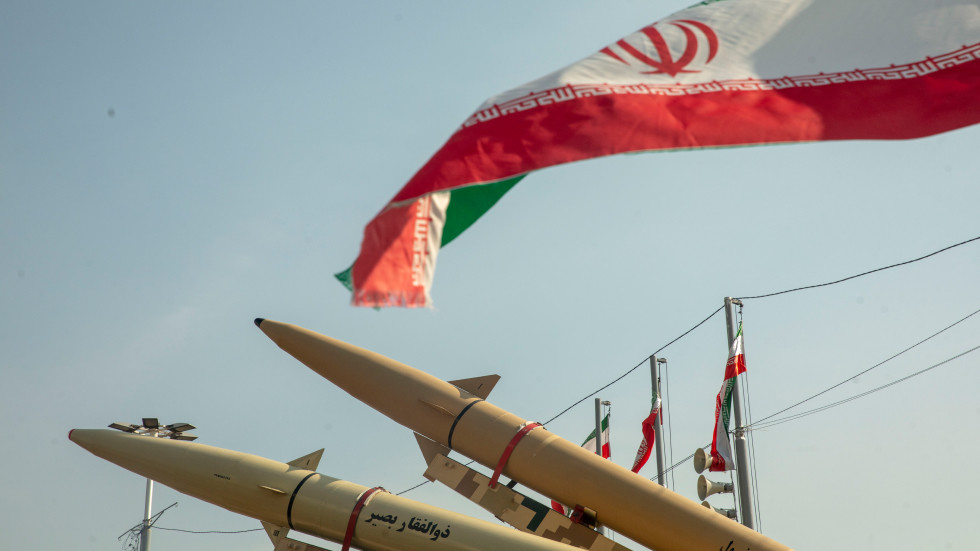Tehran has issued a decisive warning to Washington regarding its stance on Israeli military actions, signaling a significant shift in its approach to what it perceives as threats to its national security. According to a report from Al Jazeera, Iranian officials have communicated that they will no longer maintain “unilateral self-restraint” when responding to attacks from Israel. This note, reportedly conveyed through Qatar, highlights Iran’s dissatisfaction with its security situation and implies a readiness to retaliate against Israeli aggression in ways that deviate from conventional methods. The statement follows a series of missile strikes from Iran directed at Israel, which Tehran characterized as reprisals for the targeted killings of key figures from Hamas and Hezbollah by Israeli forces.
The shifting rhetoric from Iran underscores its growing frustration with perceived Israeli provocations. Tehran has made it clear that while it does not seek a full-scale regional war, any Israeli attack will provoke an “unconventional response.” Iranian sources have warned that this could involve targeting critical Israeli infrastructure as part of its retaliatory measures. The Iranian mission to the United Nations has further cautioned other countries, indicating that any nation that supports Israeli military efforts might also find itself in Tehran’s crosshairs. This highlights Iran’s intent to broaden the conflict’s scope and hold collaborators accountable for their involvement in actions against it.
Recent military actions heighten the tension, with reports indicating that around 180 missiles of various types were launched at Israel. The Israel Defense Forces (IDF) claim to have intercepted the majority of these missiles; nevertheless, there have been multiple confirmed impacts across Israel, resulting in property damage, including to military installations. In a session with the UN Security Council, Iranian envoy Amir Saied Iravani framed these missile strikes as a legitimate act of self-defense under international law, asserting Iran’s readiness for further defensive actions if necessary. Such declarations reflect Tehran’s attempt to justify its military operations while adhering to international legal standards, positioning itself as a state wronged by aggressors.
Iranian leadership has responded robustly to both Israeli military actions and rhetoric. President Masoud Pezeshkian has accused Israel of actively seeking to destabilize the region and emphasized Tehran’s commitment to responding decisively to any military aggression, hinting at a well-prepared military stance. In contrast, Israeli leadership is also taking a hard line, with Prime Minister Benjamin Netanyahu reportedly promising to impose severe repercussions on Iran, asserting a coordinated military response with the United States that is anticipated to occur shortly. This escalating dialogue heralds a potential escalation of hostilities, as both nations prepare their military and strategic options in anticipation of further conflict.
The broader geopolitical context also plays a significant role in this situation. US President Joe Biden has reportedly been in discussions with Israeli officials regarding possible strikes on Iranian oil facilities, indicating America’s alignment with Israel’s security objectives. This cooperation raises the stakes considerably in the already volatile Middle Eastern landscape, suggesting that possible future confrontations may not merely be bilateral but could involve multiple players keen on influencing the regional balance of power.
In conclusion, the ongoing exchanges between Iran and Israel mark a critical juncture in their long-standing conflict, with Iran signaling a readiness to shift its military strategy away from restraint. The threats and counter-threats exchanged between the nations, alongside the involvement of external powers like the United States, suggest a precarious path forward characterized by an atmosphere of heightened tension and potential for widespread conflict. As both sides prepare for the possibility of military action, the region anxiously watches the unfolding developments, knowing that the consequences could resonate well beyond their immediate borders.

